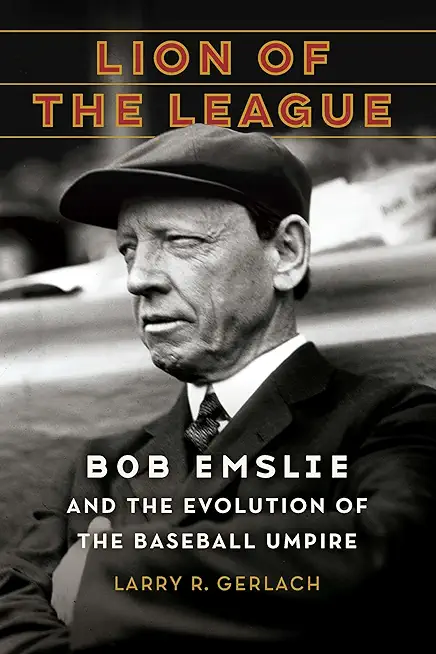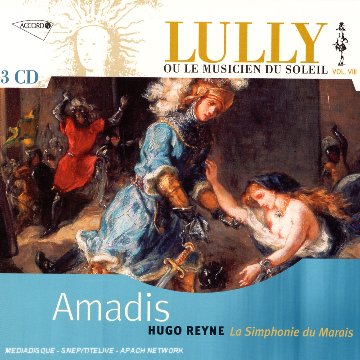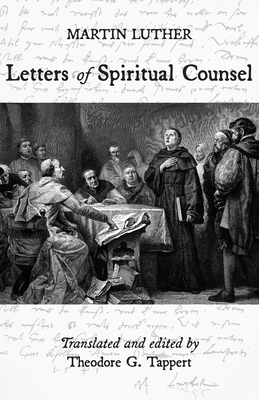
Gerlach, Larry R.
product information
description
fifty-six of his eighty-four years in professional baseball--eight as a player and forty-nine as an umpire. When arm problems ended his career as a Major League pitcher, he turned to umpiring, serving in that capacity for thirty-five seasons, then as an umpire supervisor for thirteen years. His longevity is all the more remarkable considering he toiled during the three most contentious and difficult decades umpires ever faced: the years from 1890 to 1920, when baseball transitioned from amateur to professional sport and from regional business to commercial entertainment industry. Emslie endured the rough-and-tumble umpire-baiting 1890s, the Deadball era, injuries from thrown and batted balls, physical and verbal assaults from players and fans, and criticism in the press. Among his most notable games, he called four no-hitters and worked as the base umpire in the famous Merkle's Boner game between the New York Giants and the Chicago Cubs at the Polo Grounds in 1908. He often clashed with Giants manager John McGraw, who nicknamed him "Blind Bob." Yet he was widely praised by players and his peers. Honus Wagner, the great Pittsburgh shortstop, ranked Emslie the best National League umpire he had seen during his twenty-year career. Umpires Bill McGowan and Billy Evans respectively regarded him as "the greatest base umpire of all time" and "one of the greatest umpires the game ever produced." Emslie was also the acknowledged master of baseball's rules such that National League presidents regularly consulted with him on controversial calls and protests. Emslie accepted a position as the chief of National League umpires, serving as an adviser to the National League president. Lion of the League is the biography of an umpire whose career spanned the formative years of modern baseball.
member goods
No member items were found under this heading.
listens & views

LULLY: AMADIS (FRA)
by LULLY / RICCI / LAURENS / SIMPHONIE DU MARAIS
COMPACT DISCout of stock
$30.99
Return Policy
All sales are final
Shipping
No special shipping considerations available.
Shipping fees determined at checkout.






